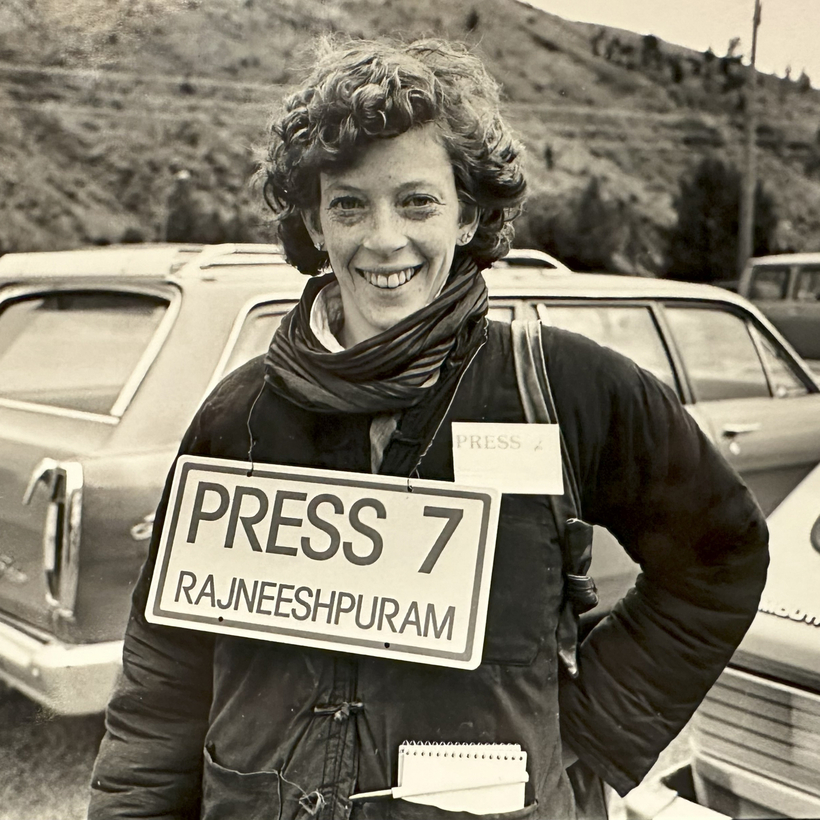Joyride: A Memoir by Susan Orlean
Like any good reporter, Susan Orlean did extensive research for her assignment. She interviewed sources, studied published writings, and even visited an archive—only this time, it was her own: the Susan Orlean Papers, at Columbia University.
While the sources may have been past colleagues, and the archival papers her own work, Orlean set out to be exhaustive and exacting in charting her personal history. Joyride: A Memoir is the book Orlean said she would never write, even avoiding “saying the word ‘memoir’” for as long as possible, until she finally relented to pursue this “mission.”

